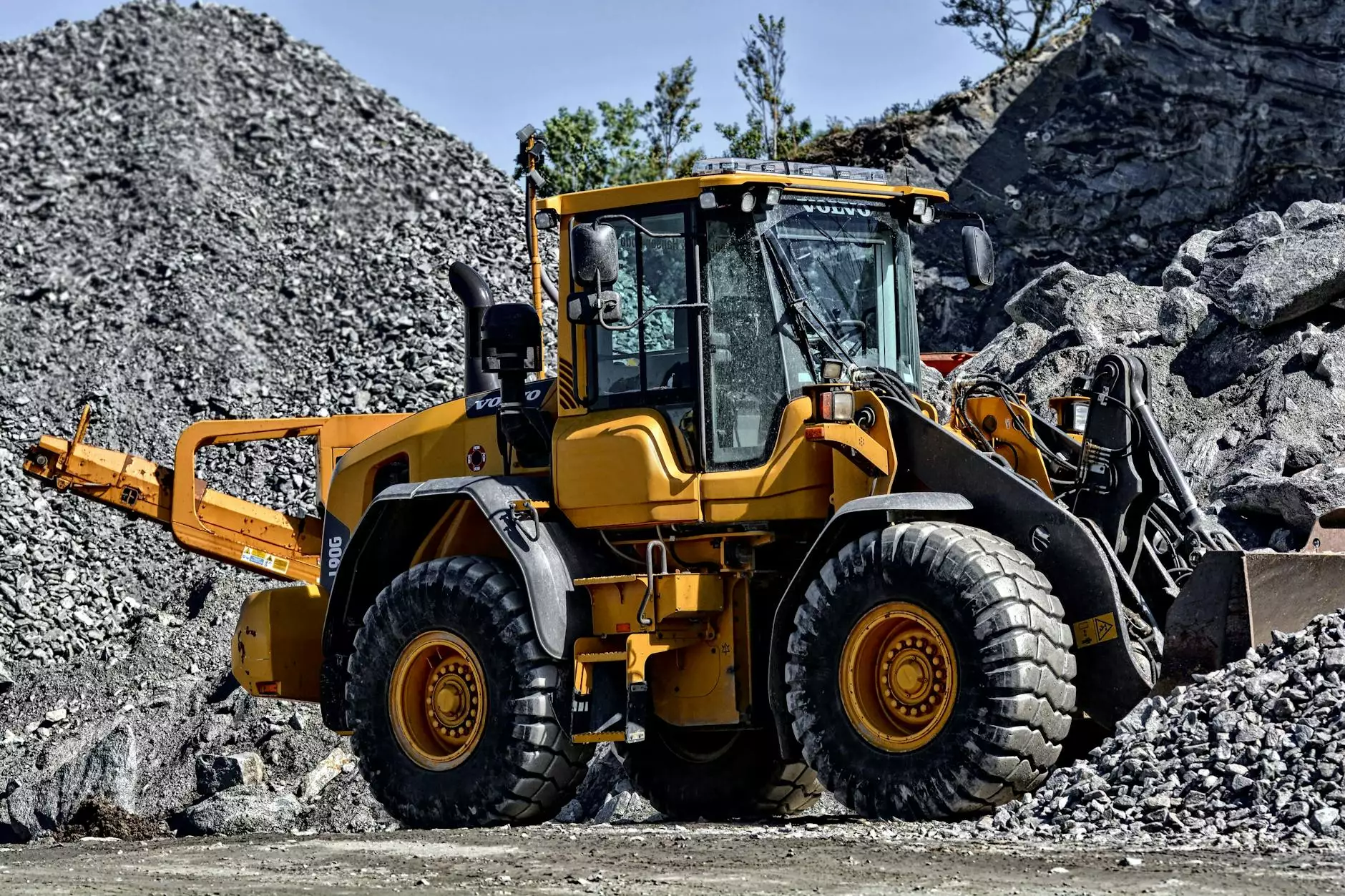Understanding Hydraulic Fitting Caps and Plugs for Optimal Performance

In the world of hydraulics, components play a crucial role in maintaining efficiency and safety in various applications. One of the often-overlooked heroes in hydraulic systems are hydraulic fitting caps and plugs. These fittings not only ensure the integrity of hydraulic components but also enhance overall system performance.
What are Hydraulic Fitting Caps and Plugs?
Hydraulic fitting caps and plugs are essential components used to seal hydraulic lines and fittings. They prevent the ingress of contaminants, protect the internal mechanisms from environmental factors, and ensure that hydraulic fluids remain contained within the system. Let's delve deeper into their functions and applications.
The Functionality of Hydraulic Fitting Caps
Hydraulic fitting caps are typically used to seal open hydraulic ports. When a port is not in use, placing a cap over it serves multiple purposes:
- Prevent Contamination: Caps effectively block dirt, dust, and moisture from entering hydraulic lines.
- Maintain Pressure: Caps can help maintain the pressure within the hydraulic system when ports are closed.
- Enhance Safety: By sealing exposed ports, caps minimize the risk of leaks and spills, thereby improving workplace safety.
Understanding Hydraulic Fitting Plugs
On the other hand, hydraulic plugs serve a similar but distinct purpose. These fittings are designed to be inserted into the open ends of hydraulic lines or fittings:
- Sealing Non-Operational Lines: They seal off lines or ports that are not currently in service.
- Protecting Equipment: Plugs safeguard internal components from potential damage due to exposure or contamination.
- Facilitating Maintenance: Plugs are essential during maintenance to prevent any hydraulic fluid from leaking out during the inspection process.
The Importance of Quality in Hydraulic Fitting Caps and Plugs
Choosing high-quality hydraulic fitting caps and plugs is crucial for several reasons:
1. Durability and Reliability
Quality fittings are manufactured to withstand high pressures and extreme temperatures. By selecting durable caps and plugs, you can ensure that they will function effectively over an extended period. This durability translates to fewer replacements and reduced downtime for your hydraulic systems.
2. Compatibility with Various Systems
Hydraulic systems vary significantly in design and function. Quality caps and plugs are engineered to be compatible with a wide array of fittings and connections. This compatibility ensures that you can use them in diverse industrial environments without the worry of leaks or failures.
3. Enhanced Performance
Using the right hydraulic fitting caps and plugs can lead to improved performance. A secure seal from high-quality fittings minimizes the risk of pressure loss, ensuring that your hydraulic system operates at optimal efficiency.
Applications of Hydraulic Fitting Caps and Plugs
Hydraulic fitting caps and plugs have a diverse range of applications across various industries:
- Agriculture: In the agricultural sector, hydraulic systems are vital for machinery such as tractors and harvesters. Caps and plugs ensure these machines run safely and effectively.
- Construction: Construction equipment relies heavily on hydraulic systems, making the use of reliable caps and plugs essential for maintaining equipment integrity.
- Aerospace: In aerospace applications, every component must meet stringent safety standards; thus, quality caps and plugs play a crucial role in maintaining hydraulic system reliability.
- Manufacturing: Hydraulic systems powering machinery in manufacturing require efficient sealing solutions, making high-quality fitting caps and plugs indispensable.
Choosing the Right Hydraulic Fitting Caps and Plugs
Selecting the appropriate hydraulic fitting caps and plugs is essential for ensuring quality performance in hydraulic systems. Keep the following factors in mind:
1. Material Selection
Hydraulic fittings are available in various materials, such as:
- Plastic: Lightweight and resistant to corrosion, Ideal for less demanding applications.
- Steel: Offers superior strength and durability, suitable for high-pressure applications.
- Aluminum: Lightweight yet robust, ideal for applications requiring weight savings without sacrificing strength.
2. Size and Compatibility
Ensure that the caps and plugs you choose fit the specific sizes of your hydraulic fittings. It's crucial to pay attention to the thread type, diameter, and fitting style. Mismatched sizes can lead to leakage and system failures.
3. Pressure Ratings
Each hydraulic system has a pressure rating, and the caps and plugs should match or exceed this rating to ensure safety and performance.
4. Manufacturer Reputation
Selecting components from reputable manufacturers, such as Fitsch.cn, guarantees that you’re getting high-quality fittings that have undergone rigorous testing.
Cost Considerations
While it may be tempting to opt for the cheapest options available, investing in quality hydraulic fitting caps and plugs can result in long-term savings. Consider the following:
- Lifecycle Costs: Cheaper fittings may wear out quickly, leading to frequent replacements and increased maintenance costs.
- Downtime Costs: A failure in your hydraulic system due to poor-quality fittings can lead to expensive downtime and lost productivity.
- Sourcing and Logistics: Quality suppliers often offer reliable logistics and customer support, adding value beyond just the product price.
Conclusion
In summary, hydraulic fitting caps and plugs are integral components of any hydraulic system. Through proper selection and application, businesses can enhance system efficiency, prolong equipment life, and ensure greater safety. By investing in quality fittings offered by trusted suppliers like Fitsch.cn, companies can secure the performance and reliability of their hydraulic systems for years to come.
As technology continues to evolve, the demand for reliable and efficient hydraulic systems will only grow. By understanding the importance of components such as hydraulic fitting caps and plugs, businesses can better prepare themselves for the challenges of the future, ensuring they remain at the forefront of their industries.









